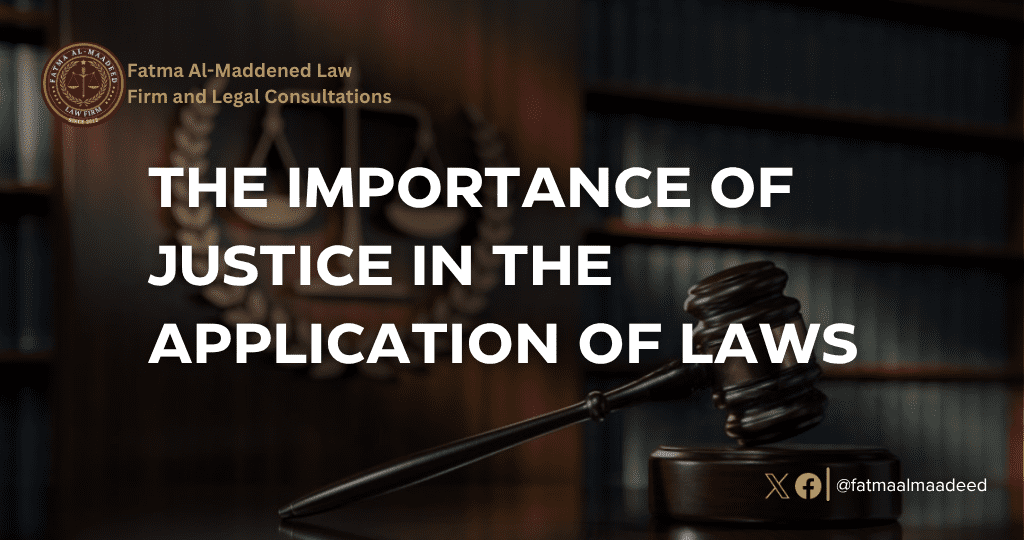Can the law truly achieve real justice in our society?
Justice is not merely a word—it is the foundation for building stable and progressive communities. Justice in the application of laws serves as the cornerstone of both social and legal development.
Equality before the law is vital, as it guarantees the rights of all citizens. The judiciary strives to uphold the principles of fairness and transparency, ensuring that laws are applied with integrity and competence.
When we speak about the importance of justice, we seek a system that protects individual rights and guarantees social stability. Law stands as the guardian of both rights and justice for everyone.
Key Points
- Justice is the foundation of stable societies
- Equality before the law is a fundamental right
- The role of an independent judiciary in ensuring justice
- Transparency in the application of laws
- Protecting the rights of all members of society
The Difference Between Justice and Law in Society
Justice and law form the basis of a fair society. Much emphasis is placed on the rights of citizens within the judicial system, which highlights the strong relationship between these two concepts.
Justice as the Foundation of Law
Justice is the very spirit of the law. Its aim is equality and fairness. Transparency ensures the protection of everyone’s rights and strengthens confidence in the legal system.
The Role of Law in Achieving Equality
- Guaranteeing equality before the law
- Protecting individual rights
- Preventing discrimination
- Combating judicial corruption
The Relationship Between Justice and an Independent Judiciary
An independent judiciary is essential for ensuring justice. Judicial independence allows judges to make impartial decisions, which in turn strengthens public trust.
Law, being blindfolded, is applied objectively and fairly to all without exception.
The Importance of Justice in Law Enforcement
Justice is the foundation of a balanced society. Governments place justice at the top of their priorities in order to achieve both social and legal fairness.
Justice plays a crucial role in many aspects, such as:
- Implementing judicial rulings fairly and transparently
- Ensuring equality before the law for all members of society
- Protecting individual rights and freedoms
Justice is not merely the enforcement of laws; it is the safeguarding of rights and the preservation of human dignity.
A fair justice system is the cornerstone of both social and economic stability. When people have confidence in the judiciary, they become more active participants in society.
How States Promote Justice
Countries strive to enhance justice through:
- Developing legislation that guarantees the rights of all citizens
- Continuously updating the legal infrastructure
- Training judicial staff to the highest professional standards
In the end, justice remains a noble goal that societies aspire to achieve. It serves as an effective tool for maintaining balance and stability.
Guarantees of Justice Within the Judicial System
The judicial system is a strong foundation for ensuring justice. It emphasizes equality before the law and protects the rights of all individuals, regardless of their backgrounds or social status.
The judiciary ensures fairness through precise and transparent procedures. Courts provide an impartial environment that protects litigants’ rights and ensures timely resolution of cases.
Governments work to strengthen judicial independence through advanced mechanisms that prevent external interference. Judges enjoy complete freedom in their decision-making, away from any external pressures.
Through these guarantees, nations affirm their commitment to upholding justice and protecting individual rights. Their judicial systems stand as models to be followed in the region.



